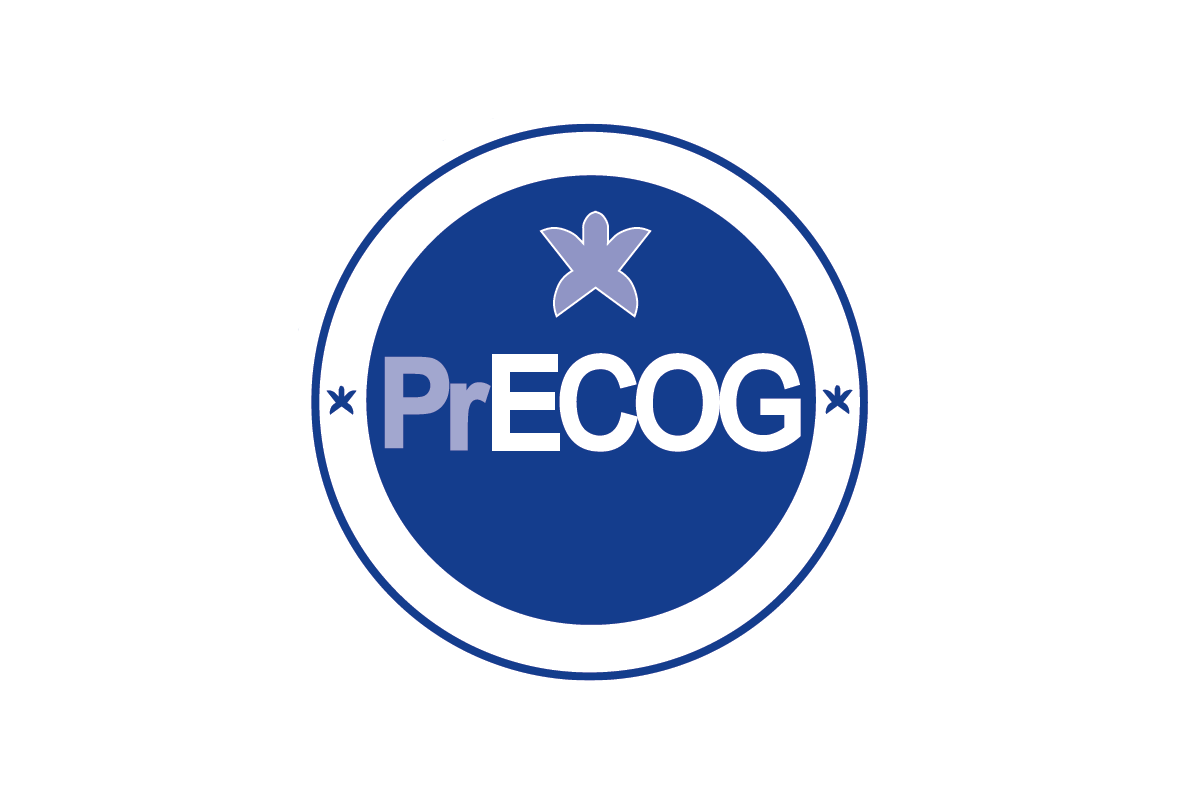
Trial Spotlight: Nagi Kumar on the EA8184 Study for Men with Low-Grade Prostate Cancer on Active Surveillance
September 17, 2024
ComboMATCH Sparks Progress: An Update on the Precision Medicine Initiative
September 17, 2024Now Enrolling: PrE1702 Real-World Data Study for Patients with EGFR-Mutated Non-Small Cell Lung Cancer Not Enrolled in Clinical Trials

Prospective Non-Interventional Study Comparing Standard of Care Osimertinib +/- Chemotherapy for EGFR-Mutated Non-Small Cell Lung Cancer (NSCLC) Patients Not Enrolled in Clinical Trials
Epidermal growth factor receptor (EGFR)-mutant lung cancer represents around 15-20% of all non-small cell lung cancer (NSCLC) cases. Patients with metastatic EGFR-mutant NSCLC usually receive EGFR tyrosine kinase inhibitors (TKIs) as initial treatment, such as osimertinib, erlotinib, afatinib, dacomitinib or gefitinib. Multiple studies have demonstrated the superiority of EGFR TKIs over chemotherapy. Osimertinib has shown superior progression-free survival (PFS) in the first-line setting compared to earlier-generation EGFR TKIs. Osimertinib is approved by the United States Food and Drug Administration (FDA) for use in this setting, positioning it as a preferred first-line single-agent EGFR TKI.
The PrE1702 clinical trial is testing the feasibility of using real-world data (RWD) collection—through the recruitment of well-characterized patients into a registry—to compare outcomes from osimertinib-based treatments. Real-world data is information about patient health, care delivery, or experience that is collected routinely from sources other than clinical trials. It is becoming increasingly important to today’s healthcare decisions.
The PrE1702 registry will include participants from both academic and community practice sites. The scientific community will benefit from a greater understanding of the safety and effectiveness of osimertinib, a newly approved therapy that physicians prescribe in routine clinical practice. Real-world data collected through this registry has the potential to provide information that is crucial in the treatment setting and from many perspectives: assessment of side-effects in a general population; documentation of patient benefit and survival; patient-reported outcomes; and reporting of outcomes in subsets of the population based on race, ethnicity, body mass, co-morbidities, geographic distribution, and other demographic variables. All of these data can aid in understanding the effectiveness of the intervention, and which population(s) may be most impacted by the treatment.
PrE1702 aims to obtain data on patients treated in routine clinical practice (outside of a clinical trial) with standard-of-care osimertinib with or without chemotherapy. The goal is to better understand the impact of these regimens.
The primary objectives are:
- To prospectively obtain key data elements (including exposures and covariates) and prospectively identify real-world outcomes relevant to non-randomized comparisons of treatment in patients with EGFR-mutated NSCLC in routine clinical care
- To conduct a prospective non-interventional study to assess real-world progression-free survival (rwPFS) and real-world overall survival (rwOS) in a population of EGFR-mutated NSCLC patients receiving osimertinib with or without chemotherapy
The secondary objectives are:
- To analyze the osimertinib and the osimertinib plus chemotherapy groups for covariates associated with good/poor outcomes
- To assess real-world time to treatment discontinuation and overall survival
- To model the difference in rwPFS of patients in this non-interventional study versus the PFS in patients randomized to the osimertinib arm of the EA5182 clinical trial, including assessment of patient characteristics and potential confounders
The data structure from the control group of clinical trial EA5182 (osimertinib alone) facilitates comparisons. The trial occurs at roughly the same time as PrE1702. Thus, outcomes modeling using the EA5182 data will provide greater certainty to the interpretations that may ensue from study PrE1702. EA5182 can also provide a template to guide future RWD acquisition strategies.
The ECOG-ACRIN Cancer Research Group encourages sites to open this trial, which is expected to activate later this month. This trial's results have the potential to influence the design of phase 3 and phase 4 studies in the future. PrE1702 will require sites across the United States to enroll a diverse patient population with this disease. To receive more information about this study, please email the study team.
Learn more about PrE1702 at clinicaltrials.gov.
The study chair for this trial is Suzanne Cole, MD (Hematology/Oncology, UT Southwestern). The study co-chair is Maya Khalil, MD (Hematology/Oncology, University of Alabama at Birmingham Cancer Center).
![ECOG-ACRIN logo[19516]275×75](https://blog-ecog-acrin.org/wp-content/uploads/2021/03/ECOG-ACRIN-logo19516275x75.png)
